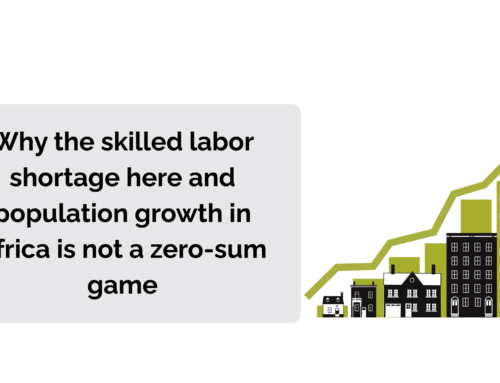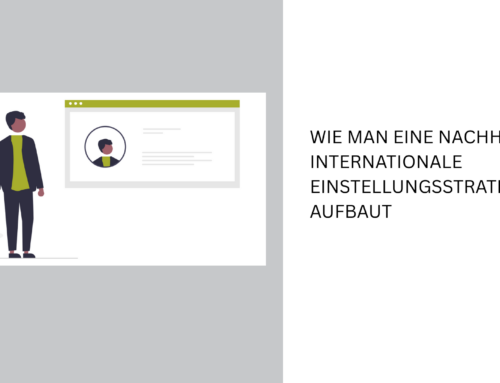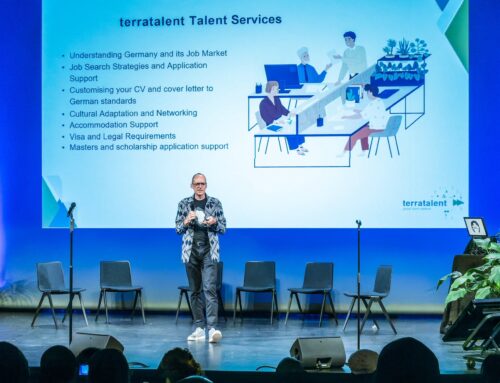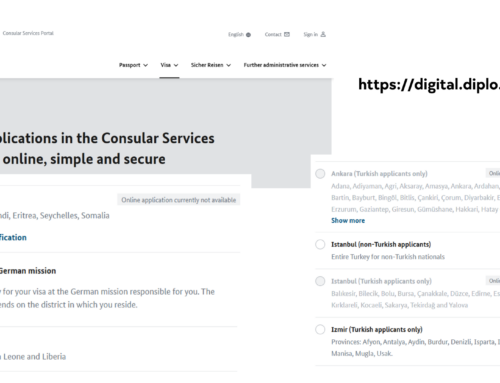Besuch in Sambia und Uganda
It’s always exciting to visit and get to know new countries in Africa. Zambia is certainly not a country that comes up often when discussing economic relations between Germany and the African continent. This may be because the country maintains a relatively low profile.
In the Republic of Zambia, more than 70 different ethnic groups live together largely peacefully. In the BMZ’s regional comparison, the southern African country is considered largely politically stable. In the summer of 2021, Zambia experienced a peaceful transfer of power: In the presidential elections, opposition candidate Hakainde Hichilema surprisingly defeated incumbent Edgar Lungu .
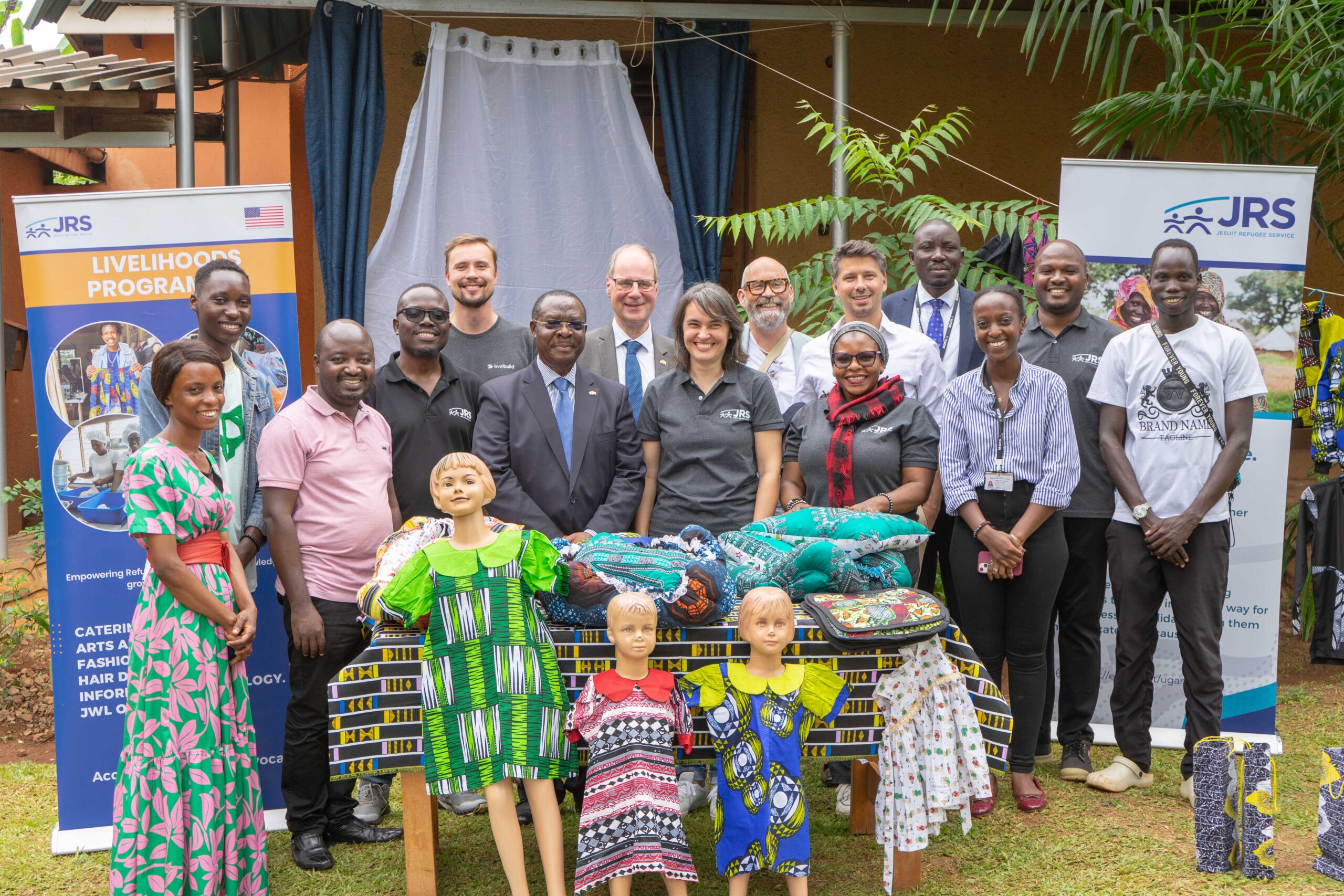
The Federal Republic of Germany and Zambia have maintained friendly relations since the country’s independence in 1964. Germany is one of Zambia’s major international cooperation partners. During government negotiations in November 2022, the German Federal Ministry for Economic Cooperation and Development (BMZ) pledged 94.5 million euros to Zambia. The delegation focused on the country at the initiative of the Leipzig-based IT company levelbuild AG (). The startup, led by entrepreneur Michael Woitag, cooperates with a Zambian subsidiary in the areas of development, operations, and cybersecurity . Every year, new talents are trained in this field in Zambia. The country strives to cooperate with German companies in the field of skilled workers and to exchange information.
The delegation trip itself was initiated by former State Minister and Head of the State Chancellery, Oliver Schenk, now an EU Parliamentarian. It was he who brought the state of Saxony into contact with Uganda . Other federal states also have similar twinning arrangements , for example Baden-Württemberg with Rwanda and Rhineland-Palatinate with Burundi. Over the years, a variety of voluntary connections had developed between initiatives in Saxony and schools and projects in Uganda. In this respect, it made sense to take the existing relationships to a higher level and encourage an official partnership between the two regions. In order to breathe life into these relationships, regular delegation visits are organized. This time the focus was also on economic relations. The entire delegation trip was organized by Christoph Schmitt , Saxon State Chancellery.
The second stop was Uganda, whose metropolis, Kampala, is a completely different story (around 1.8 million inhabitants, 2.8 million inhabitants in the metropolitan area). Uganda’s total population was estimated at around 48.7 million in 2023. Uganda’s total population is projected to reach around 50.0 million in 2024. According to forecasts, the total population is expected to continue to rise until 2050, reaching an estimated 85.4 million in 2050.
Uganda is also a major refugee host country in Africa: Around 1.8 million people (as of the end of February 2025), the vast majority of them from South Sudan and the Democratic Republic of Congo, have sought protection there. Uganda’s government pursues a very generous refugee policy. English is the official language there.
Since we have been working closely with the startup Kolaborate in Uganda for years, we were happy to take the opportunity to be there. Martin Theobald represented his two companies, terrassign and terratalent.

Exciting Conversations resulted itself at the Meeting “Cooperation with the ITC Sector”, a roundtable with ITC business delegation hosted by Ms. Lucrezia Biteete, head of unit, GIZ., among others with Prof. Dr. Jude Lubega , Nkumba University, Head of the ITC Department, and Dr. Drake P. Mirembe. The Konrad Adenauer Foundation, which is very active in Uganda, organized the exchange ” Less Aid, More Trade,” hosted by Ms. Anna Reismann , Director of the Konrad Adenauer Foundation Uganda.
Two highlights were the meetings with the company GOGO Electric/ Bodawerk; with Jakob Hornbach and Jonas Bisasso, CEOs of GOGO Electric. Anyone who has ever been to Uganda knows the boda bodas , bicycle taxis, and motorcycle taxis that dominate the cityscape. According to Uganda’s largest boda boda union, an estimated one million men currently work as professional boda boda riders in Uganda.
The other highlight was the visit of the Jesuit Refugee Service, represented by the German Cristina Zetlmeisl, Director of Jesuit Refugee Service Uganda. JRS offers language courses and other educational and recreational initiatives, income-generating programs, emergency aid, and social services. The team supports an average of 12,000 refugees in Uganda each year, primarily with the goal of providing them with income-generating opportunities. The loss of US aid funding has put the service to a severe test, as it eliminated most of its funding overnight.
In conclusion, there are many opportunities for German and local companies to collaborate. Uganda has a huge potential for young talent, and with large, internationally renowned universities like Makerere University, it is a good platform for cooperation. Leipzig University is a pioneer in the field of science.
It was also helpful that the ambassadors of both countries, Ms. Anne Wagner-Mitchell (Zambia) and Matthias Schauer (Uganda), received the delegation and gave an introduction to the two countries, Zambia and Uganda.
Anyone seeking further information on either country is welcome to contact us. Our conclusion: Compared to its neighbors, Rwanda and Kenya, Uganda is particularly worth a closer look because it still has considerable potential. Also helpful: the Saxon company InLegas prepares German language exams there on a large scale.


